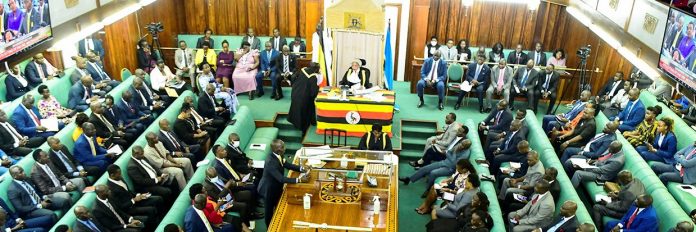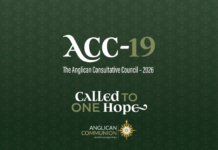UN High Commissioner for Human Rights Volker Türk on Wednesday said the adoption in Uganda of draconian new legislation targeting lesbian, gay and bisexual people was devastating and deeply disturbing, and called on President Yoweri Museveni not to promulgate it into law.
“The passing of this discriminatory bill – probably among the worst of its kind in the world – is a deeply troubling development,” said the High Commissioner.
“If signed into law by the President, it will render lesbian, gay and bisexual people in Uganda criminals simply for existing, for being who they are. It could provide carte blanche for the systematic violation of nearly all of their human rights and serve to incite people against each other.”
The bill, adopted by Uganda’s Parliament on 21 March, proposes the death penalty for the offence of aggravated homosexuality, life imprisonment for the “offence of homosexuality”, up to 14 years for attempted homosexuality, and up to 20 years in jail for promoting homosexuality. It now awaits the President’s signature to become law.
“The bill confuses consensual and non-consensual relations – the former should never be criminalized, whereas the latter require evidence-based measures to end sexual violence in all its forms – including against children, no matter the gender or sexual orientation of the perpetrator. This bill will be a massive distraction from taking the necessary action to end sexual violence,” the High Commissioner said.
The adopted new legislation also exposes journalists, medical workers and human rights defenders to lengthy prison terms simply for doing their work, he added.
“Not only does it conflict with Uganda’s own constitutional provisions stipulating equality and non-discrimination for all – it also runs counter to the country’s international legal obligations on human rights and political commitments on sustainable development, and actively puts people’s rights, health and safety at grave risk.”
The adoption of this legislation comes in the wake of a rise in homophobic rhetoric among politicians, religious leaders, and other sections of Ugandan society, that has further aggravated the safety risks for lesbian, gay, bisexual and transgender people. According to a civil society group, in February 2023 alone in Uganda, more than 110 LGBTQI+ people reported incidents, including arrests, sexual violence, evictions and public stripping.
“Let us be clear: this is not about ‘values’. Promoting violence and discrimination against people for who they are and who they love is wrong and any disingenuous attempts to justify this on the basis of ‘values’ should be called out and condemned,” the High Commissioner said.
“The late Archbishop Desmond Tutu spoke about how pernicious and ghastly it is that people are penalized and killed simply and solely on the basis of their sexual orientation and called on us all to oppose this injustice. I would like to renew his plea today.”
“I pay tribute to those brave parliamentarians and civil society actors who spoke out for human rights and non-discrimination – and against the bill,” Turk stressed.
“This law, if signed into force, will have serious negative repercussions on society as a whole, and erode gains made over years.”



